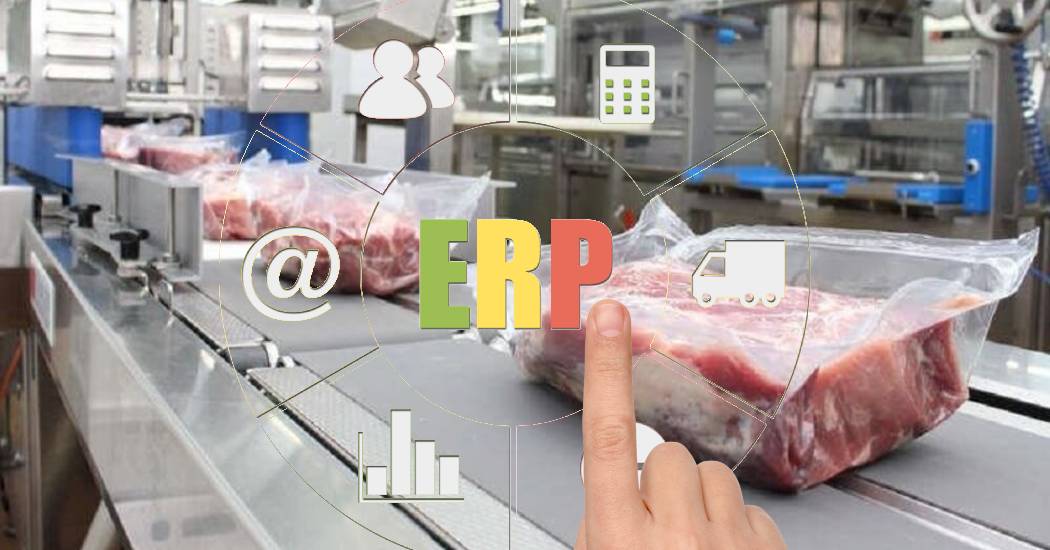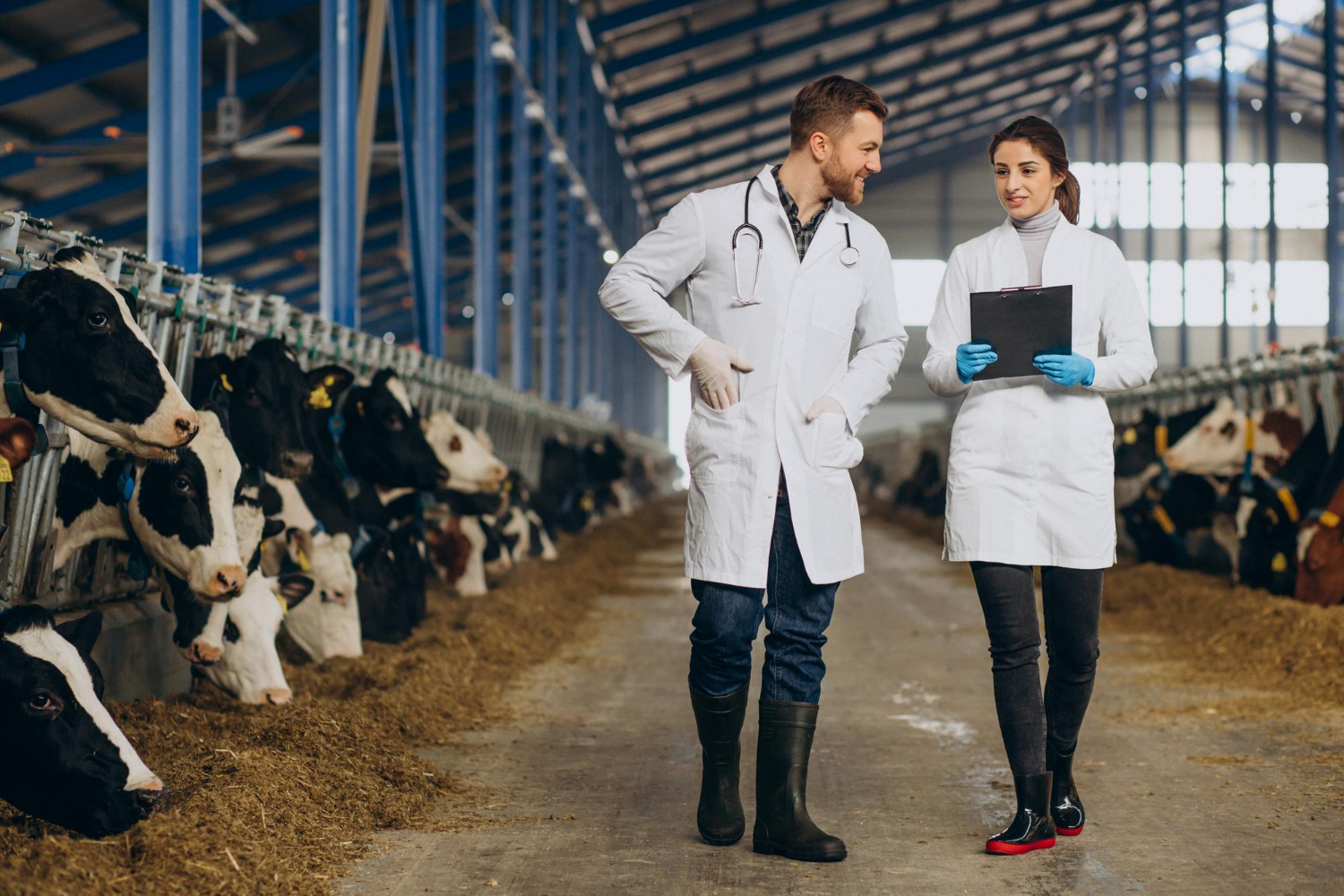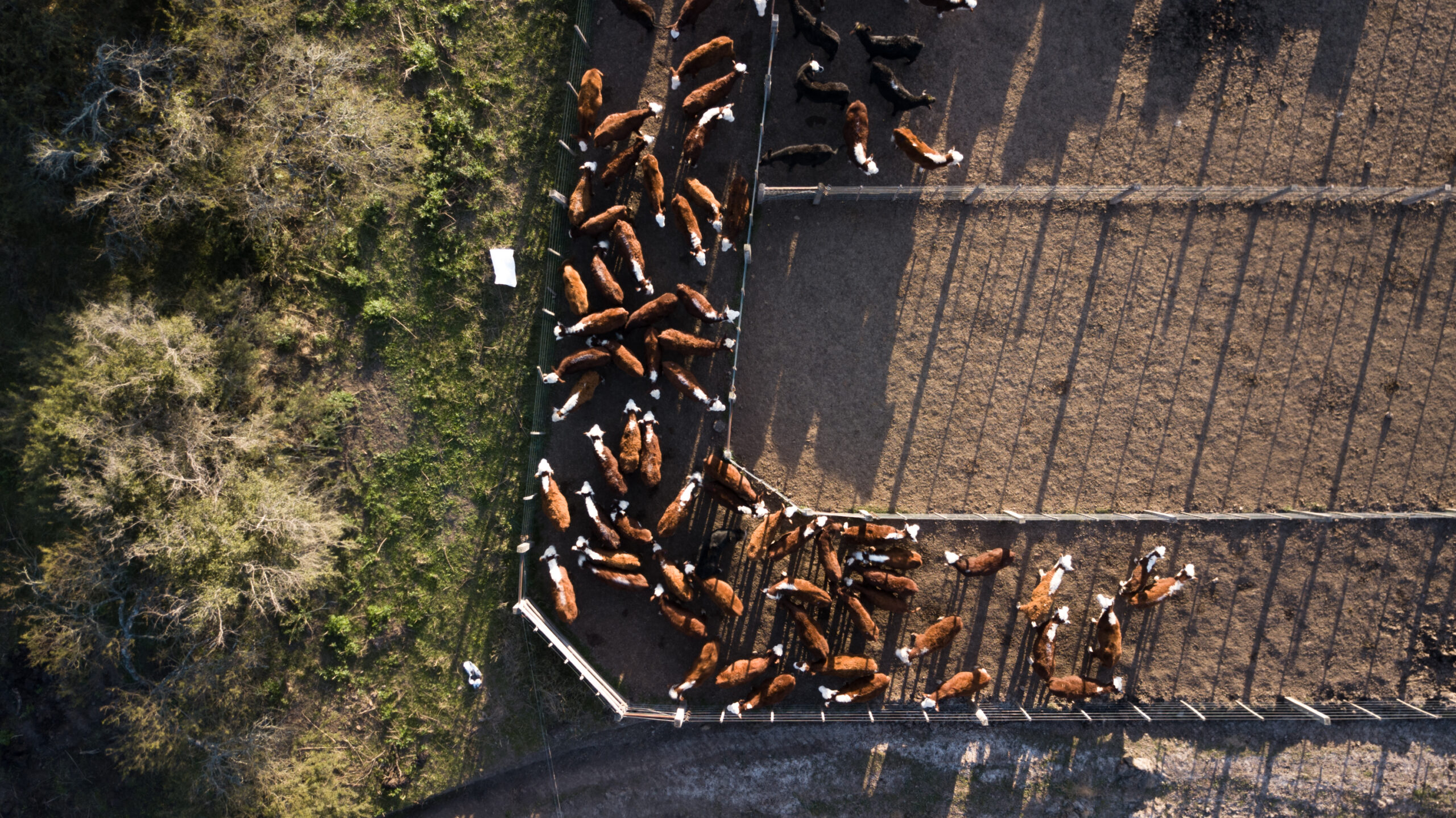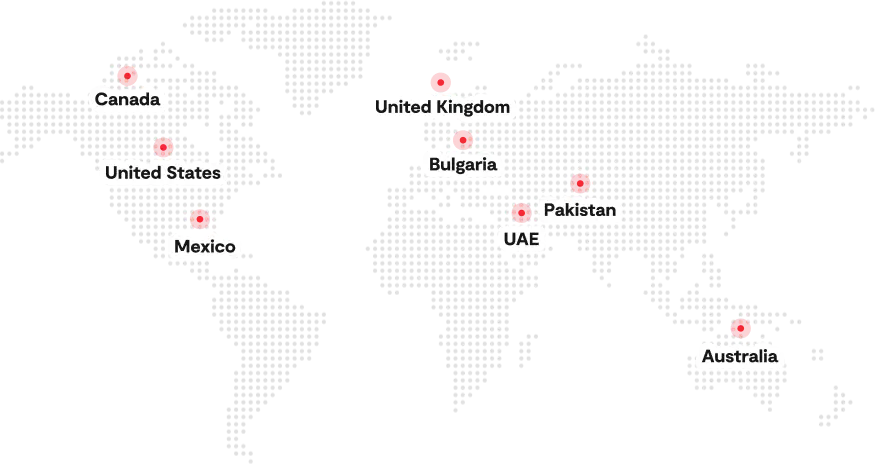The technology revolution has led to the world’s evolution. With this, even the consumer demographics are significantly changing. Today, modern consumers demand top-class quality products with an above-satisfactory service. The demands get even stricter when it comes to the food industry. People today are not ready to compromise on the quality of the food they consume, which requires companies to put in all their efforts into addressing the changing needs – aligning their products with the consumer demands.
To provide the consumers with the best quality products, the food industry has integrated Enterprise Resource Planning (ERP) solutions within their workflows and business operations. ERP is software that helps companies smoothly run and manage their daily operations, including supply chain operations, project management, risk management, compliance, accounting, among others.
Benefits of Food ERP Solution
ERP in the food industry has become a success essential. It helps ensure that every employee in the organization has access to tools to help them better manage their tasks. By providing an all-encompassing plan, it extracts the most out of every resource, benefitting the company. Food-specific ERPs are developed to offer traceability features and prove useful for shelf-life management, tracking batch production, inventory management, and controlling complex resource-management tasks.
There is a myriad of ways the businesses operating in the food industry can benefit from an ERP solution developed specifically to serve their business management needs.
Food Safety – Delivering Top Quality Products
Today, presenting the best quality products is the need of the food industry. The ‘modern’ consumers do not wish to compromise on the quality and safety of their food. This has made food safety one of the biggest concerns for companies in this industry.
A food-specific ERP ensures that a company has control over how the raw materials and the finished goods are handled. It bestows upon them the ability to account for the product throughout the production. Tracking of ingredients (preferably bi-directional), a thorough quality checking ability combined with the allergen tackling feature are the ideal specifications of a food-specific ERP that helps companies ensure food safety.
Inventory Management – Key to High-End Products
Whether it is clothing or an electronic products manufacturer, worrying about the ‘expiration’ of raw materials or the finished products is not a concern. This becomes a concern when it comes to the food industry. Every raw material and a finished good manufactured at a company operating in the food industry will go bad after a pre-determined time which makes inventory management extremely crucial.
One expired product and a company can lose its hard-earned reputation in the market. Thanks to food-specific ERPs, companies can now manage their inventories with utmost perfection and minimal human errors. Manually tracking the shelf-life and expiration dates is not a small deal. It is a tedious task that has no room for errors. This is when ERPs come into play. With features like expiration tracking, food waste reduction, and catch weight management, a business can ensure minimum ‘bad’ products and reduce the waste to a significant degree.
Quality and Compliance
When it comes to quality, it not only means aligning a product with consumer needs but also requires compliance with government-imposed regulations. Not complying with the set standards and regulations can lead to the banning of products, and in worst cases, a stream of costly lawsuits and litigations.
To ensure that none of this happens, companies need to have a hold of their entire cross-departmental data. It lets the concerned parties detect any loopholes or detect processes that are deviating from the set standards.
Again, maintaining the records manually can get overwhelming and even increases the chances of human errors. Food-specific ERPs help create systems that make it convenient for companies to gather data to ensure compliance.
The lot traceability features combined with product origin management and ingredient-level monitoring work wonder in helping companies avoid lawsuits and litigations.
Production – Addressing Inefficiencies for Flawless Production
The ultimate goal of businesses is to achieve revenue generation and profitability targets. Reaching this point depends on two factors; consumer satisfaction and production scheduling and planning. Both these factors are inter-dependent. With any of the two missing, achieving growth targets becomes impossible.
While focusing on consumer satisfaction, many businesses overlook production and how it can impact the growth of a business. This leads to inefficiency on the shop floor and inadequate management of data silos.
Identifying production bottlenecks and flaws in the production are ways businesses can achieve their goals. This requires businesses to record the data of the end-to-end production process. Food-specific ERPs help companies manage production scheduling, draw up production plans, and develop maintenance structures from a single point.
The Verdict
There is no denying there; food-specific ERPs are an integral part of the food industry. Surviving in a competitive market amidst strict consumer demands and government regulations without ERPs is now unimaginable.
To ensure that the products delivered to the consumers are safe and high-end while maintaining the company profits, food-specific ERP is a must-have for companies operating in the food business. Leveraging ERP solutions to provide top-quality products and efficiently managing company operations is by far the most intelligent strategy for a business operating in the food industry!





